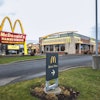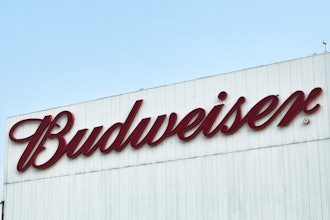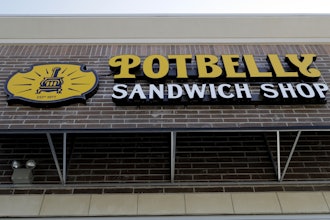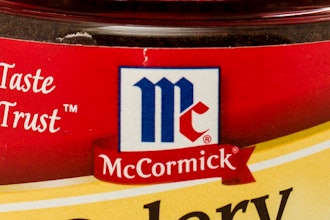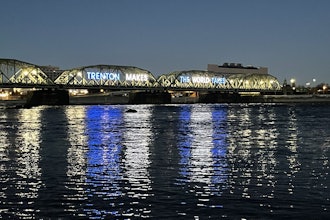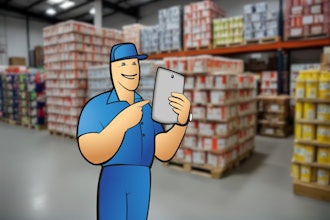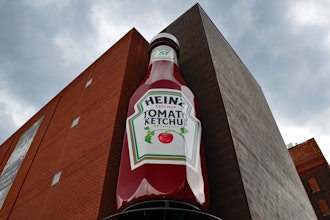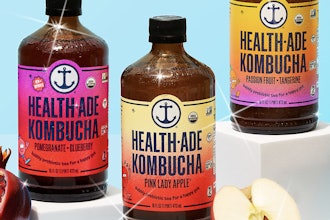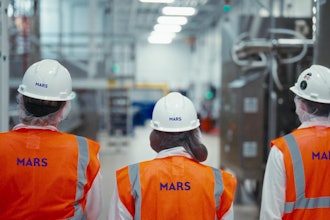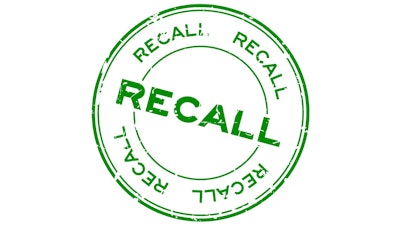
Tanimura & Antle, a Salinas, CA-based grower of romaine lettuce, announced in early November it was voluntarily pulling nearly 3,400 cartons of its product from shelves. Food recalls are a required necessity to protect the food supply chain, and this recent recall is an interesting case study on “things going right.”
The first thing that went right was the discovery of the E. coli bacteria itself. The bacteria was found in a routine random sample taken by the Michigan Department of Agriculture and Rural Development who works very well with Tanimura & Antle on these types of testing. While the E. coli found during the random sample was closely related to strains that sickened two people in Michigan, there has yet to be a direct illness related to consuming Tanimura & Antle’s product.
This kind of proactive monitoring is important, but it can’t be effective if there are lapses and a lack of transparency in the food supply chain. In this case, the company reacted quickly in response to the contamination.
Another encouraging aspect of this recall is the specificity the company was able to provide when identifying the affected product. Tanimura & Antle issued the recall for 19 states, and specified the kinds and quantities of its packaged product that may have been contaminated. Further, the company provided Produce Traceability Initiative codes that may help stop the product from hitting shelves in the first place.
Greater transparency, traceability, and predictability are the key to making recalls smaller and more manageable. The right technology can make that a reality.
Supply chain transparency is key to avoiding recalls
The Center for Disease Control estimates that roughly one in six Americans are sickened from contaminated food each year, and brands that discover contaminated products face consumer backlash, revenue loss and potential lawsuits. Any proactive measure that can be taken to avoid a recall should be considered — and some emerging technology shows promise.
Blockchain, the technology powering cryptocurrencies like Bitcoin, shows immense potential when applied in the food supply chain. The technology is used to assign permanent, unalterable and secure records. In a food use case, each unit of produce or food could have a chain of custody from the ground to the grocery store — and every touchpoint in between. When a recall is required, factors like batch numbers, farms of origin, expiration dates, and other important data points can be identified.
With greater transparency and more detail, potentially contaminated food can be identified more quickly and accurately, but also with greater specificity. As with the Tanimura & Antle recall, it can help narrow where contamination may have occurred, and reduce the scope of a recall by identifying where the product currently is at a store level.
Technology enables proactive flagging of contaminated product
When paired with a modern enterprise resource planning (ERP) solution, traceability of produce and packaged goods can become even more dynamic and proactive. For example, temperature and humidity data could be integrated into a blockchain record along with IoT sensors that can record this and other information. If a product exceeds a certain temperature over a certain period of time, an alert would flag that shipment. Since the blockchain record is permanent and unalterable, identifying exactly where and why that temperature spike occurred is much easier, and allows the food manufacturer or farmer to make adjustments to how they distribute their product.
This kind of proactive monitoring can help companies issue recalls of contaminated products
before they leave store shelves, preventing food-related illnesses and bolstering consumer trust,
thereby only having to recall and identify products and not having to issue a complete
mass-scale recall. Grocers, suppliers, and logistics  Zimmerman
Zimmerman
Pete Zimmerman is Global Manufacturing Sales Manager at VAI, mid-market ERP software developer, IBM Gold Partner and industry leader for the distribution, manufacturing, specialty retail and service sectors.


